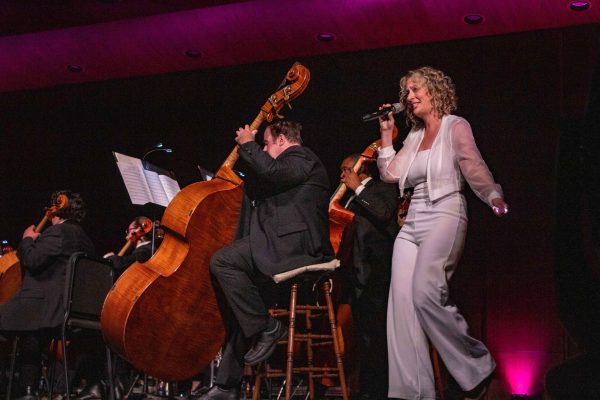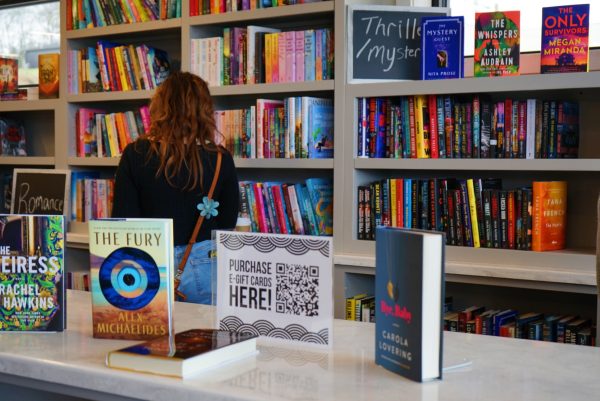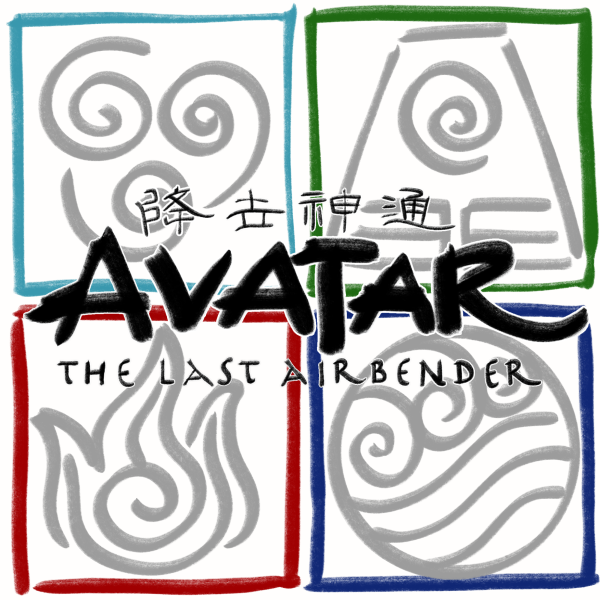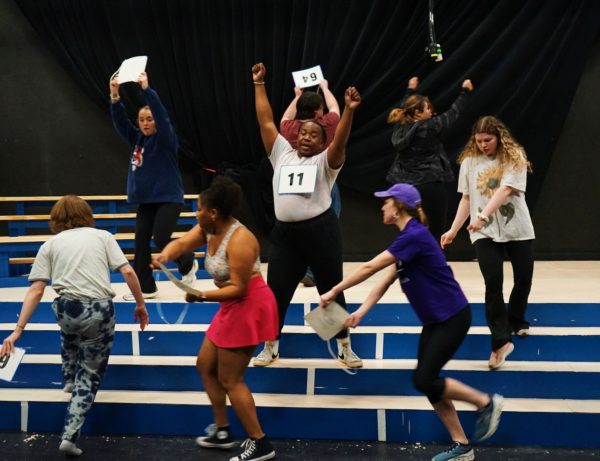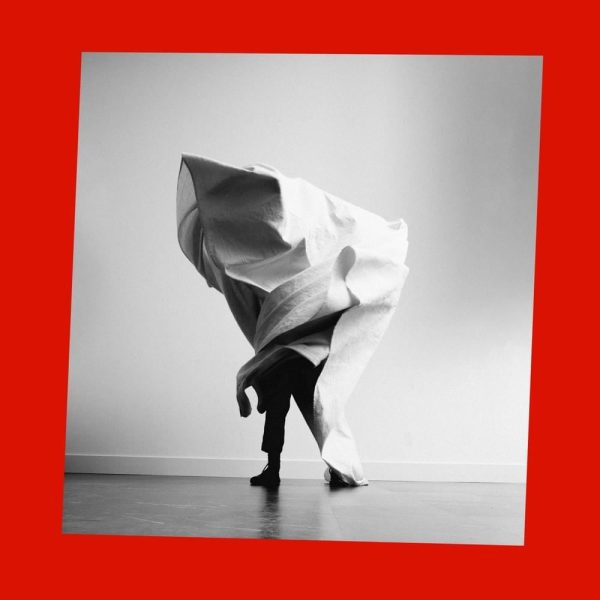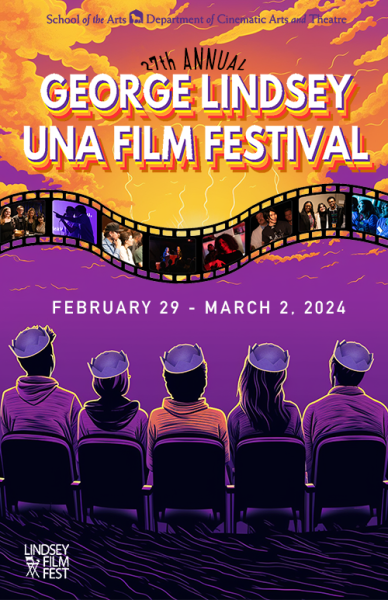There was no pumpkin pie at Plymouth Rock
Column
November 18, 2021
What is the modern Thanksgiving holiday but gluttony personified? Name something more American than the overconsumption of slow-roasted turkey, compound butters, pumpkin pie and other assorted carbohydrates under the guise of celebration. Add in the tears of a marginalized community, and you’ve really got yourself a party!
I always marvel at the transformation from what originally took place at Plymouth Rock all those years ago to what is known as Thanksgiving today. From the Great Dinner myth, to what was actually served at said dinner, our celebrations have become white-washed, for better and for worse.
Starting with the sanitized “Pilgrims and [nameless] Indians” narrative: in reality this is a bloody tale of tragedy and genocide. According to research done by historian David Silverman, author of “This Land Is Their Land: The Wampanoag Indians, Plymouth Colony, and the Troubled History of Thanksgiving,’’ the origins of the holiday begin with the Wampanoag tribe. These were an advanced and well-traveled group of people who had established roots in America for at least 12,000 years prior to the arrival of the Mayflower. When colonizers eventually arrived, they were welcomed by Native American chief Ousamequin primarily as a form of protection from rival tribes. The 1621 Great Dinner that we know of today was actually a “rejoicing” —feasting, drinking, violent games and all around twisted merriment. The tribe was not welcome, but rather showed up uninvited; only to protect the Pilgrims, as they thought the celebratory shots being fired were actually of an attack. Tensions eventually erupted between the Wampanoag and English and became King Philip’s War, lasting on into 1675. It was not until 1863 that president Abraham Lincoln created an official nationally celebrated holiday known as Thanksgiving to unite the country. The irony.
As for what was on the menu, I can assure you that there was nary a pumpkin pie, marshmallow topped sweet potato casserole or god-awful pie-cake conglomerate on the menu because there was no sugar! Sweeteners that were brought over the Atlantic via the Mayflower were totally depleted by this time, and refined sugar was likely too expensive for Pilgrims to foot the bill. Rather, desserts were fruit-based, centered on the Autumn harvest. Options included blueberries, raspberries, plums and cranberries. And this is not the gelatinous cranberry sauce we have come to know and love today. Instead cranberries were enjoyed in their natural form as tart little orbs. Seafood, a non-traditional choice today, was another prevalent protein due to the land’s close proximity to the shore. Thus, there was an abundance of lobster, eel, bass and mussels served with a dairy-based dish called curds. Colony governor William Bradford wrote of “four men on fowling missions,” hunting for wild turkeys, venison, ducks and swans in his first-hand account, “On Plymouth Plantation.” Culinary historians have difficulty pinpointing additional sources that list other entrees that were brought to the table. Though I think it’s safe to say the culinary innovation that is the Turducken was glaringly absent from the Pilgrims’ rejoicing spread.
These observations of change are not to discredit the holiday’s progression. In fact, I think it would be detrimental (and unrealistic) to completely erase the modern identity of Thanksgiving from the American lexicon. Rather, I encourage celebrators to not fall victim to tradition just for tradition’s sake. There are ways to be respectful of those who have suffered at the hands of our celebration, even if it does not fit the classic narrative. Starting with supporting Native growers, who have been integral to the American agricultural system. Although our vessels have become more sophisticated, we are still using the same pumpkins and squash, morels, corn and beans originating from indigenous lands. Perhaps even attend a National Day of Mourning celebration in lieu of a Thanksgiving Parade. I personally enjoy sharing time and food with my friends during Friendsgiving celebrations. I cannot think of what better to be grateful for than platonic friendship. Above all, it is most important to be cognizant of where we have come from culturally, and where we are going in terms of inclusivity and acknowledgment of all Americans.


